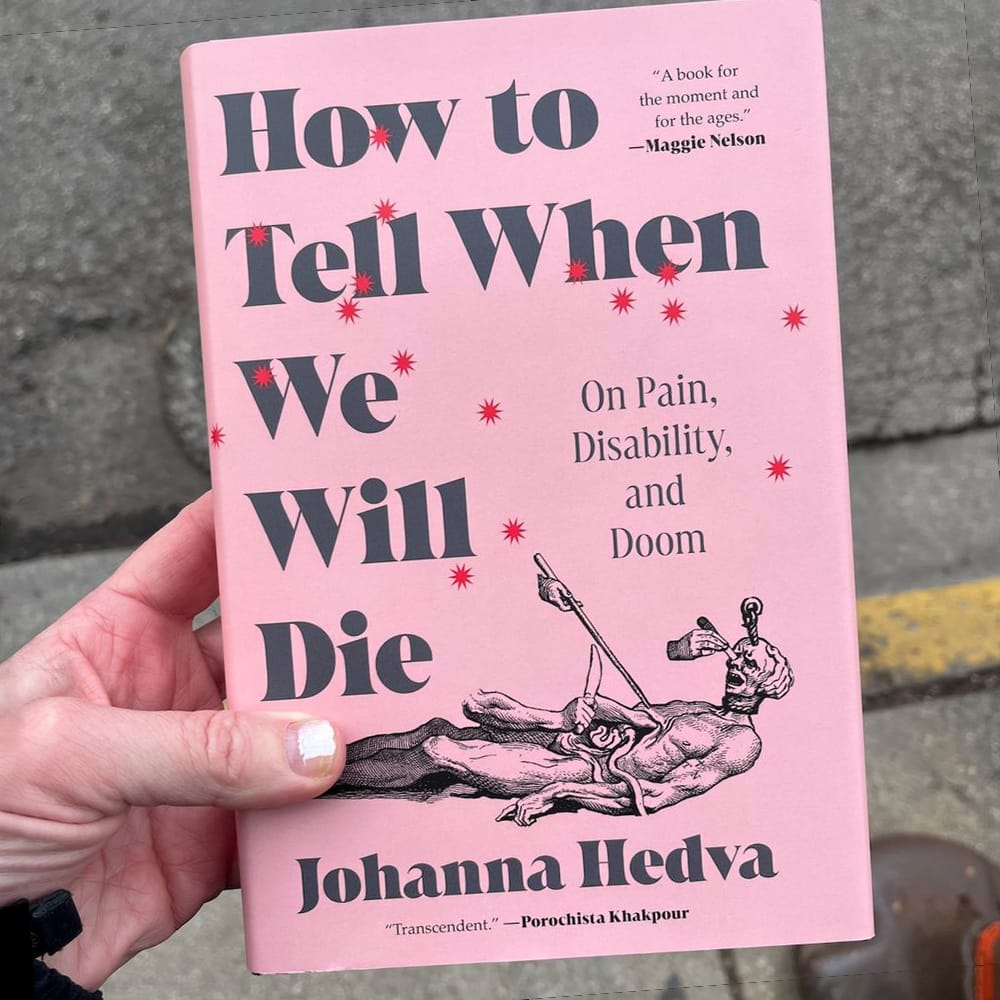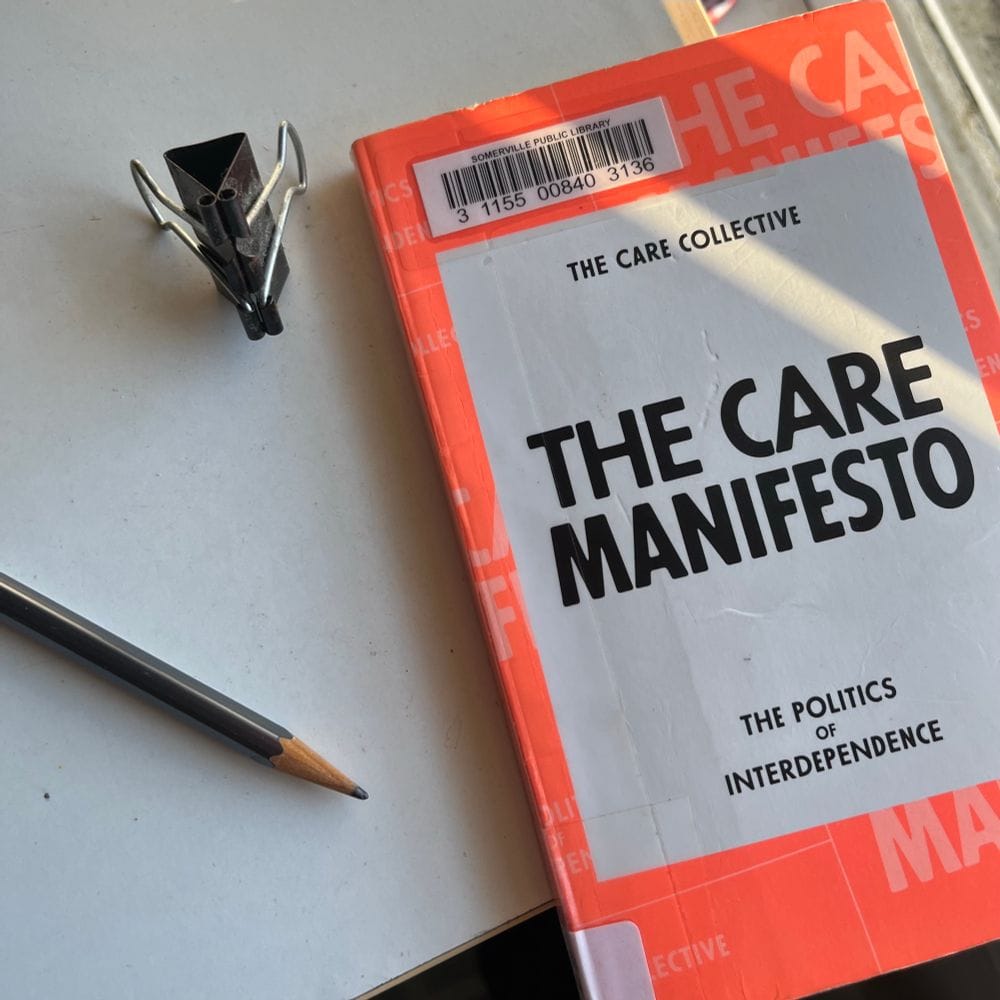Kim Stanley Robinson's MINISTRY FOR THE FUTURE
38 notes

bluesky thread:
⌘ A remarkable artifact, documenting one novelist's staggering attempt to retool his writing at every level (form, content, scope) so that it serves a single salient goal: combatting the civilization-ending existential threat of climate change
⌘ MINISTRY reads like a book from a timeline where everyone agrees that climate collapse is an impending civilization-ending event, and where novelists are taking this seriously, and where this is consequently effecting a massive distortion in what novels look like and what they do
⌘ You can imagine that in that timeline, literary aspects like scenes and character psychology would still exist but would be dialed back, to make room for fervent brainstorming about solutions and a widescreen attention to a complex scattering of global incidents. So it is with MINISTRY
⌘ In the brilliant title essay of Elvia Wilk's DEATH BY LANDSCAPE, she writes about critic Tom LeClair's concept of the "systems novel," describing it as a genre which "depict[s] entire political, social, and technological systems by zooming in and out on figure and ground."
⌘ In our hypothetical timeline, you'd expect novels to embrace this "systems" approach, though they'd have to jettison the postmodern winking of the authors LeClair champions (DeLillo, Pynchon, Gaddis, Coover) in favor of an engaged sincerity befitting the importance of the task
⌘ Wilk also accurately notes that "[m]ost of the time, the systems in which [the protagonist*] is embroiled are social, technical, and political, rather than ecological"—this would change
*-"the mystified guy (or guys) at the center"—this would change, too, or you'd at least need a counterpoint
⌘ MINISTRY hits all these marks and more that you might imagine. It's a deeply hopeful book while also utterly clear-eyed about the obstacles in the way look like (the Götterdämmerung capitalists, the "people trying to kill every living thing on earth, in some awful genocidal murder-suicide")
⌘ There's a line here about banks—they "would fail in their tasks if they did not save the civilization that had charged them with those tasks." If you replaced "banks" with "novelists" you would see, I think, how Robinson understands his remit
⌘ Nearly a decade ago, Amitav Ghosh, in THE GREAT DERANGEMENT, asked why literary fiction has failed to engage with climate change, and indeed attempts to make the case that literary fiction categorically cannot take on the task
⌘ I'd suggest Robinson's book as a response to Ghosh's challenge, but Ghosh disqualifies science fiction at the outset, misreading a quote from Atwood to wrongly suggest that SF is only about "imagined ‘other’ world[s] apart from ours […] located in another ‘time’ or another ‘dimension.’" Boo!
⌘ Anyway. Read MINISTRY—it's hard to imagine a book more "of our world" in this particular, peculiar, critical, often hopeless-feeling moment.
■ ■ ■
Notes (oldest to newest)
3. HOPE TO DO SOME GOOD, NO MATTER HOW FUCKED UP YOU ARE
5. The "bancor"
6. 1694: Shift from feudal land power to bourgeois money power
7. The biggest carbon-emitting sectors
8. The "monetary value of human civilization"
9. Sea level
10. Mondragón
11. The royalties for "being oneself"
12. Kim Stanley Robinson on worker-owned companies
13. Kim Stanley Robinson on occupation
15. The nationalization of banks
16. People fighting for the good
17. Gotterdammerung capitalism
20. The cost of losing the biosphere
21. Cognitive errors around capitalism
23. "Geoengineering is no longer a useful word"
24. Forcing the hand of the market
28. The pawnshop
29. The power of a thousand people
30. "Public utility districts"
31. Modes of capitalist breakdown
34. On Switzerland
35. Key methods of carbon draw-down
36. Good projects for the future



